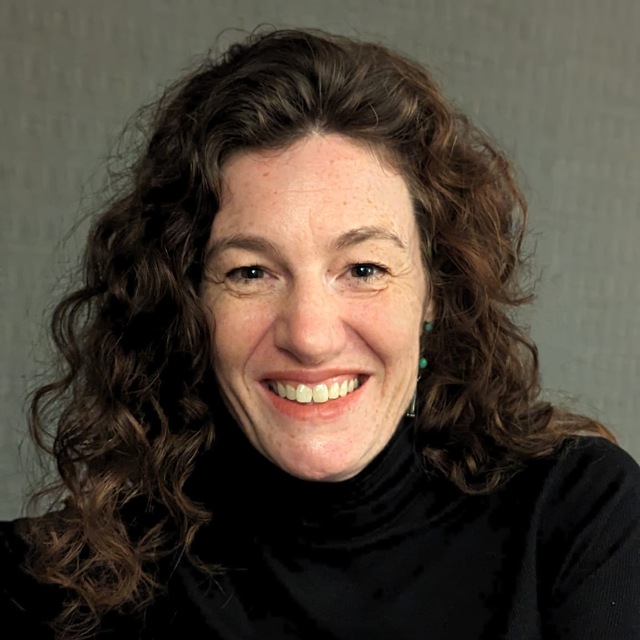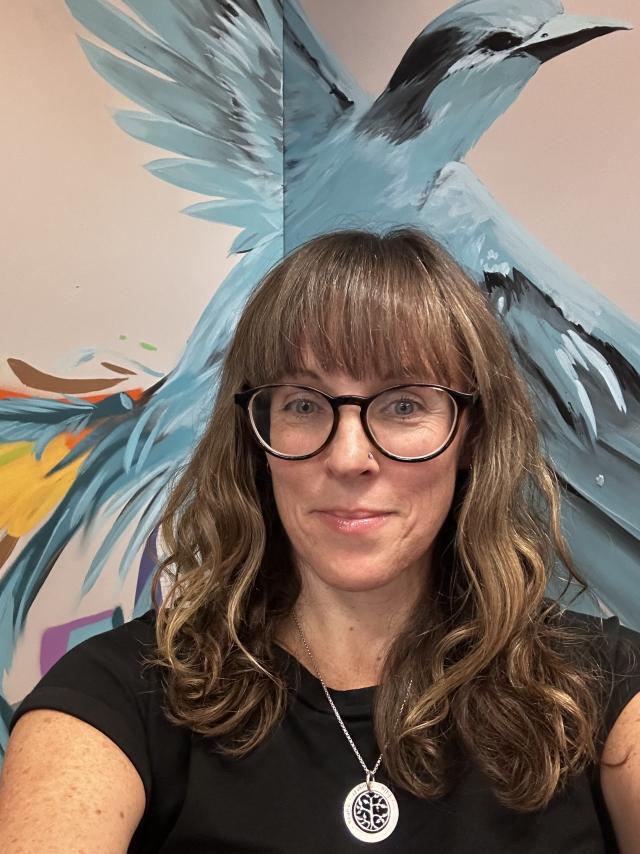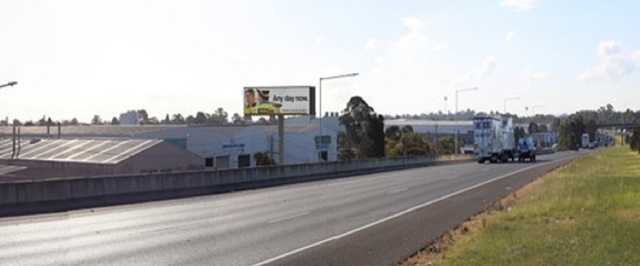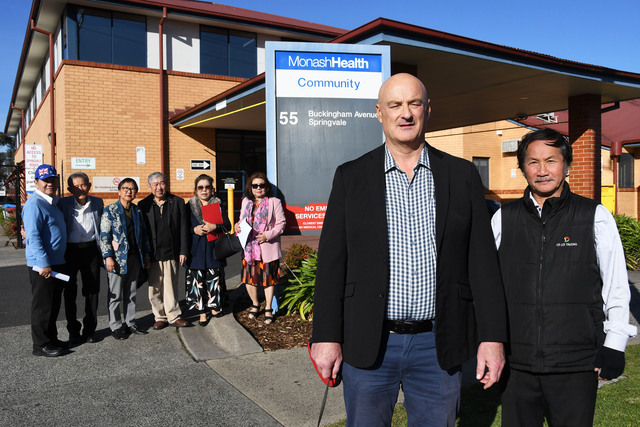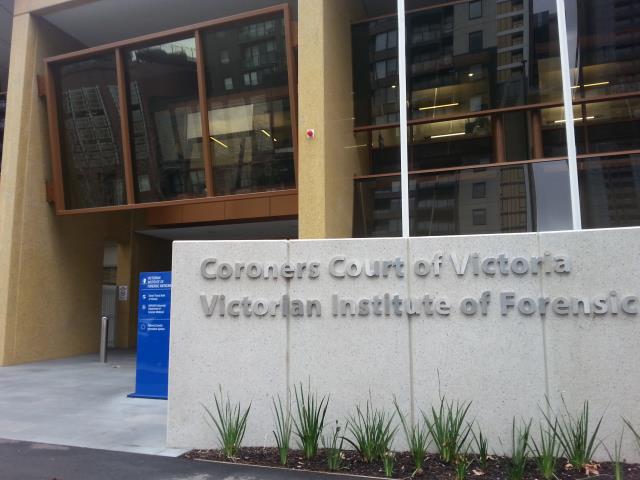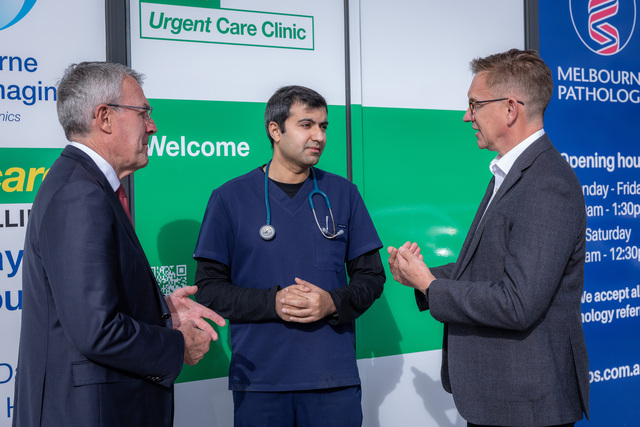The St Kilda Gatehouse sees a third of the overall number of young people they support hailing from the City of Casey, with similar figures from Greater Dandenong.
With its foundations beginning in 1992, the Gatehouse has since aimed to provide spaces of belonging and connection for women in sex work, and especially those who are young and affected by sexual exploitation.
According to the program manager for the Gatehouse’s Young Women’s Program, Rebecca Roberts, “it’s all about empowering them”.
“To make choices for themselves and [be a] role model to them [on] what positive choices can look like and for them to learn how to put some of these things in place, in their own lives,” she said.
The Young Women’s Program (YWP) began in 2015 and was launched as an early intervention model of girls aged 12 to 25, with the aim of providing insight into the sexual exploitation they experienced, or are currently experiencing in order to make an empowering change.
Gatehouse CEO Nickie Gyomber said that while there isn’t an “internationally recognised definition” of sexual exploitation, it’s “when somebody manipulates somebody into engaging in sexual acts for their own gratification [and] not for the enjoyment of the [other] person”.
“St Kilda Gatehouse works in a relational model, and what that means is we actually spend time getting to know people, some organisations take a case management approach, we don’t, we walk alongside, we journey with people,” Ms Gyomber said.
The YWP team consists of Ms Roberts plus three additional people, with one of their initiatives being school-based group work programs where Ms Roberts works closely with child protection services and police, attending meetings with relevant parties to “look at how we can support and disrupt sexual exploitation for the young people in the community”.
“That includes talking with stakeholders in the community, so it might be workers from other organisations who are working with young people who are facing different issues, and so I just talk with them about how they can support that young person better,” Ms Roberts said.
These conversations range from community-based organisations, to child protection workers, residential care workers, schools and so forth, with wellbeing teams in schools in regular contact with the YWP team to make referrals or ask for support.
“Some of them are highly at-risk young people who are struggling to make positive choices in their lives and might not have a lot of support around them to help empower them,” Ms Roberts said.
She added that it’s all about “the ability to say no if they don’t want something, the ability to make choices that are safe for them and can provide them with the support they need to move on and be in a space where they can have fulfilling lives”.
In March this year, the Gatehouse released their participants’ outcomes report, which detailed that with a survey of 18 women, 100 per cent reported improvement in being safe and secure.
Additionally, 94 per cent said they had improved in feeling valued and belonging, with 80 per cent saying they felt improvement in things such as having safe relationships, mental health, positive sense of identity, life skills, etc.
A major barrier identified by the survey was labelled under personal issues, with 78 per cent of participants suffering from a range of items that include but are not limited to AOD use or dependence, mental health challenges and negative relationships.
“There’s a lot of risk factors that can contribute to being at risk for sexual exploitation [which] can include disengagement from education, not having positive attachments to a significant adult in their life, previous experience of sexual abuse or negative experiences of sex.
“Also homelessness, living in residential care, having a learning disability and so on, and in our program, we work with looking at those risk factors and trying to to mitigate them, but then also trying to build up the protective factors for the young people,” Ms Roberts said.
These protective factors include notions such as a positive sense of self and having a positive relationship with a key role model, or for that young person to feel connected with their community, have some form of support or being socially engaged in either school or work.
While the process can be difficult, patience is a key factor that plays into the relational model of the program, with Ms Gyomber saying that “it’s not like a sausage factory where you have this step and then this step, because it’s really about addressing the needs of that individual in that space and time”.
“They may remain involved with us for years, and that’s really important because if you’ve got a young person who is moving between housing or moving in and out of schooling, they may not have a safe, secure and consistent person in their lives – and for some people, the YWP can be that safe and secure person.”
For Ms Roberts, fostering that personal relationship is important, and that building that positive relationship can simply be through “taking them out into somewhere away from their every day”.
“We’ll take them to a park or to the beach or somewhere they can get away into nature and feel safe and just be able to share, and it’s through time and through that relationship – nothing happens really quickly.
“It’s through being patient and proving to the young person that you can be trusted that has the positive difference, it’s listening to them advocating for them,” Ms Roberts said.
Looking forward, Ms Gyomber would love to see the Gatehouse grow into a state-wide service, saying that “this is a problem that exists across the state, across the country and the world”.
“The City of Casey is not a risk factor, but the young people there, in Greater Dandenong and in some of the eastern areas as well have access to this service,” she said.
While expansion is ideal not just for the Gatehouse, but for those who require its services, they are still limited by funding. As for now, the organisation will continue to connect with partners in philanthropy, their own fundraising campaigns and liaise with parties in need and the DFFH.
“We’re going to continue all of that just to make sure that we can maximise our impact,” Ms Gyomber said.

